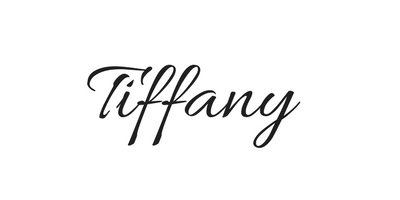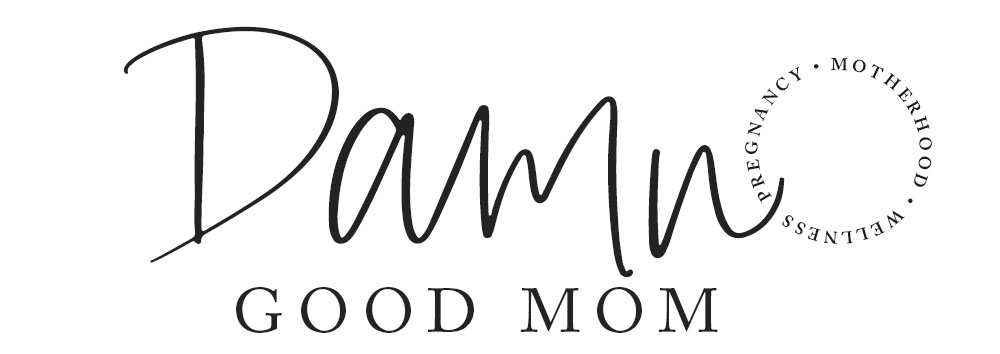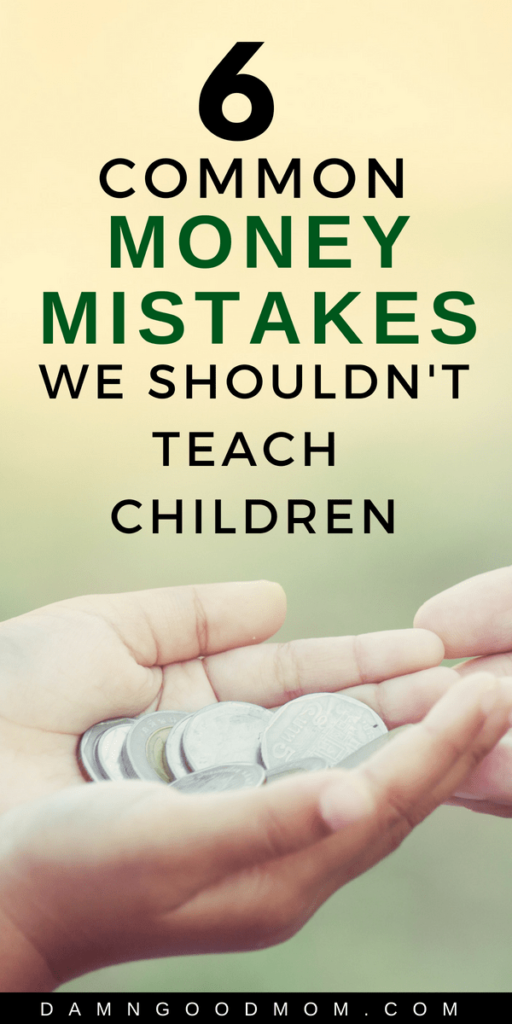Are you teaching your child bad money habits?
Our first financial role models are our parents or primary caregivers.
My daughter is less than two years old and she is watchful and keen to imitate everything she sees. It’s fascinating and scary. Just last week she watched me wiggle into my skinny jeans and copied the movements. I fell out with laughter.
This little person doesn’t know the struggle of fitting into pre-pregnancy pants but she saw me do something and she wanted to do it too. I’m her role model and while I won’t always be her main role model, I want to be the most important, especially when it comes to personal care and finances.
Related content:
- 19 Frugal Living Strategies to Stop Living Paycheck-to-Paycheck
- 10 Steps to Payoff Debt and Still Have Fun
Here are some bad money habits that should be avoided and definitely not passed down or modeled to our children.
BAD MONEY HABITS WE SHOULDN’T TEACH OUR CHILDREN
1. SHOPPING FOR SPORT
I shopped for sport and accrued thousands in credit card debt.
Shopping for sport is shopping just to be shopping. You have no list, you have no need, you just shop as a way to enjoy your day.
I wasn’t purchasing things I needed. Nope. I was in the mall buying clothing that wouldn’t last for more than a season (fast fashion), I was shopping online, I was having fun with money that wasn’t mine.
If I wanted something, I didn’t save up to purchase, I bought what I wanted and paid minimum payments to creditors.
That $30 shirt over time could have easily cost me $100. It’s silly and looking back, I realize it was financially reckless.
2. FINANCING EVERY PURCHASE
I’ve purchased two cars in my single adult life, both were financed. I did not save money to purchase a car with cash (the best way) and I didn’t do my homework before getting the cars I financed.
What do I mean?
- I didn’t get my own financing before going to the dealer.
- I didn’t do research on the vehicles I financed and ended up overpaying.
I’ve found that financing is a good way to end up overpaying for goods and services, even if you get 0% financing.
If you look at your life and every thing is financed (home, car, furniture, appliances, phone, gadgets, toys), that means you have a payment for everything and more payments to others mean less money in your bank account. $23 per month seems harmless but it is still debt.
I eventually paid off both vehicles but I could have save myself lots of money if I’d been more mindful.
3. ACCEPTING MASSIVE AMOUNTS OF STUDENT LOANS
I have four post-secondary degrees and I have the student loan debt to prove it.
I don’t regret using student loans, I was a first-generation college graduate and my student loans afforded me the opportunity to study and earn degrees at universities.
I do regret not being more educated about my use of student loans and accepting more student debt than I needed.
What do I mean?
I used my student loans to pay for more than just tuition and books. My student loans were used for pricey meal plans, nice student housing, and living expenses.
Also I didn’t pursue grants and scholarships aggressively nor did I attempt to decrease my financial burden with a part-time job during the semesters.
The silver-lining (for me) is that I did earn a degree that helped me increase my earning potential.
4. NOT BUDGETING
Budgeting changed my life. Not knowing how much money is coming in and going out and where it is being spent is a major money mistake.
Our households are our business and every successful business has financial records.
Budgeting isn’t just about controlling money, it’s about awareness.
- How much did you spend on food last month?
- How much did you spend on fun activities?
- How much did you spend on the electric bill?
I know down to the penny, where the money in the household is spent and when necessary changes need to made, I can sit down with the family and discuss ways to become more efficient.
Budgeting is an essential step towards not living paycheck-to-paycheck.
5. NOT PAYING OFF DEBT
Debt doesn’t go away if you ignore it. In fact, it actually continues to grow.
When I decided I was going to pay off my car loan and credit card debt, I had to make it a priority. I had to put the numbers in my face, I had to make some sacrifices.
When I made paying off debt a priority, I got aggressive with payments. I declined invitations to events that would be costly and I did things to lower my monthly expenses. These actions allowed me to pay off more than six thousand dollars in consumer debt and now I can focus on paying off my student loans.
6. NOT SAVING
Not saving means you aren’t prepared for change and emergencies.
Life can change in an instance.
How? You can lose your job, your car can break down, your air conditioning could go out.
Any number of things can make your financial life unstable. Not having savings to take care of the expenses can be stressful and result in needing to make difficult life choices.
Bad money habits equate to poor money management skills and after years of working and increasing my income, I realized I was still losing because much of my income didn’t belong to me (it belonged to creditors).
If you never had the experience of getting a check and knowing that it was gone before it touched your bank account, let me tell you…it’s a bad feeling.
Fortunately, I got my act together (mostly) before I became a mom.
HOW TO STOP MODELING BAD MONEY HABITS
If you have some bad money habits you want to kick, here are some helpful tips.
1. START BUDGETING
Budgeting can seem intimidating at first, but it’s easy. Choose a platform you enjoy and start keeping track of income, expenses, payments, and everything financial. You will be amazed to see what you spend your money on.
For example, I learned I was spending ridiculous amounts of money on food. I still struggle with the food category of our budget however, I am proud to see the massive improvements I made just by meal planning and shopping with a list.
2. SPEND LESS AND SAVE MORE
This part is easier said than done. You may have to make some lifestyle changes to accomplish this goal but it’s possible.
I stopped walking around the mall and Target. I started buying more quality items and ditched lots of random items I didn’t use.
3. VALUE THE MONEY YOU EARN
You work hard for your money before you hand it over make sure the item you are purchasing is worth it.
When you value your earned dollars, you aren’t wasteful.
4. PAY OFF DEBT
Even if you aren’t religious you have to agree that ‘the borrower is slave to the lender’.
When you owe money you are more financially free and emotionally free. Finding ways to pay off debt is great for your finances and can help you free up money to invest and build wealth (if that is a goal).
5. EARN EXTRA MONEY (SIDE HUSTLE)
You have more than one skill and that means you can have more than one stream of income. I loved that I worked with talented women who moonlighted as knitters, swim coaches, hair stylist and bakers. These women offered goods and services based on their skills and got paid on top of what they were earning in their full-time jobs.
What skill do you have that can bring you in a few extra dollars?
6. CHANGE YOUR MONEY MINDSET
How you think about money influences how you manage money.
If you think money is just a tool to get you more stuff, you will use it to buy more stuff.
If you think money is a tool to be used resourcefully, you will take actions to do so.
I have learned an immense amount of knowledge about personal finance; unfortunately, it isn’t because I’m a financial expert. The majority of my financial lessons came from real-life fails and mistakes.
It’s true.
I was once a financial mess and my bad money habits have cost me lots of money in interest and stressful nights.
I don’t want that for you or your family.
I don’t recommend hoarding money and not enjoying life but being responsible with money is essential. Our actions directly influence our children and teaching them good money habits prepares them for the world in a way that the school system doesn’t. I mean…I spent years in college and not one core requirement involved personal finance. Yet, I was required to take physics and calculus, two courses with information I paid to learn and never use. Go figure.
Interested in more financial tips and mom content? Follow along on PINTEREST.








